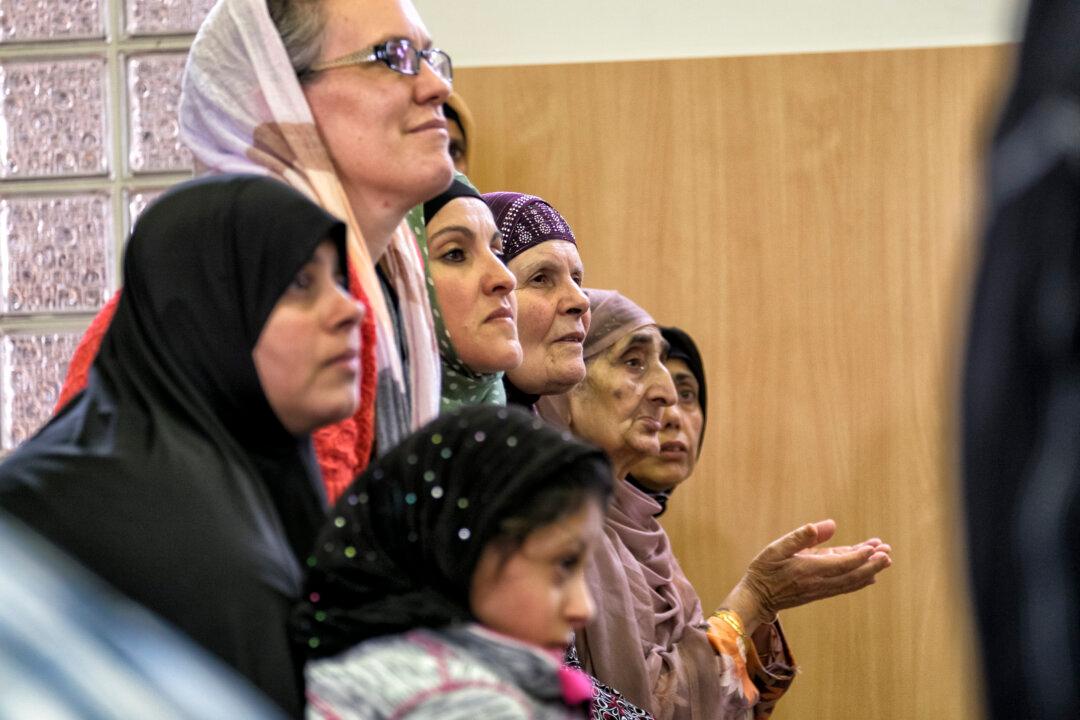A recent survey from grassroots political group, Muslim Votes Matter (MVM), indicates voting patterns in major Muslim communities are shifting away from the two major parties.
Of the 1,170 respondents, only 7 percent plan to vote for Labor, a steep drop from the 57 percent support they received in 2022. Support for the Liberal Party fell from 9 percent to 3 percent.





